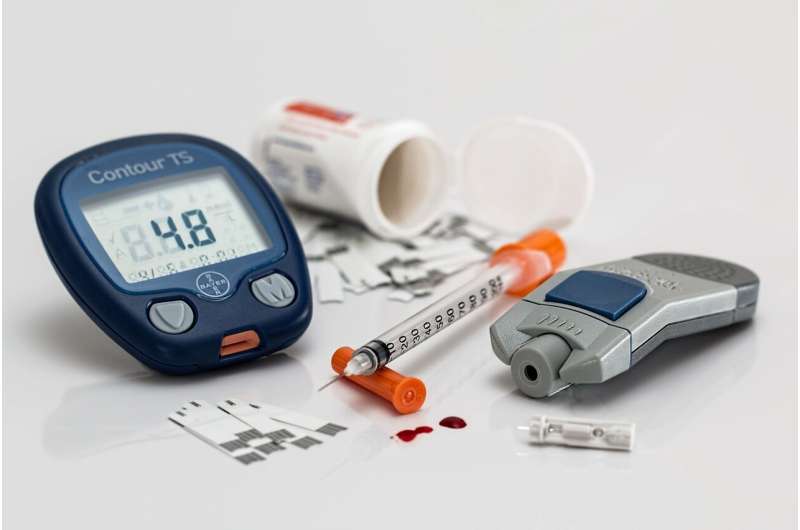
A recent study by Case Western Reserve University used national data from U.S. military veterans with diabetes to validate and modify a widely accepted model used to predict the risk of heart failure in diabetic patients.
The model, called the WATCH-DM score, is used to predict the likelihood of heart failure in diabetes patients within five years.
But because it overlooks the influence of social determinants of health’ such as housing, food and a patient’s neighborhood, the researchers used a social deprivation index (SDI), a multi-component summary score, to adjust the WATCH-DM score.
The SDI, introduced by the Robert Graham Center, a group of clinical researchers, can quantify the level of disadvantage in particular areas using food, housing, transportation and community conditions. Prior research demonstrated this score is directly proportional to the level of health disparities observed in communities.
The study identified about 1 million U.S. veterans with type 2 diabetes without heart failure treated as outpatients at Veterans Affairs medical sites nationally in 2010.
Researchers used patient zip codes to obtain their SDI, which was then entered into the risk calculator to determine how likely they would be hospitalized for heart failure within five years.
While the hospitalization rate for heart failure for the whole cohort of more than 1 million patients was 5.39%, this incidence varied from 3% (in the least socially deprived) to 11% (in the most deprived).
Researchers found that, depending on the patients’ other clinical information, adding the SDI into the risk-prediction model could even double the probability of that patient developing heart failure in the next five years.
The team of investigators then optimized the WATCH-DM score for each SDI group using a statistical correction factor and improved its predictive accuracy across the whole range of the social determinants of health.
“We found that adding the SDI enhanced the WATCH-DM score’s ability to forecast risk,” said Salil Deo, an associate professor in the Department of Surgery at the Case Western Reserve School of Medicine, who led the study. “These results highlight the necessity of including social determinants of health in any future clinical risk prediction algorithms. This will increase their accuracy, which will benefit patients by improving their health outcomes.”
This calculator is available to the public from their device for free here.
“We hope our study encourages health care providers to adopt a wholistic approach when treating patients in the future,” Deo said. “Understanding and quantifying social inequity is likely the first step we can take toward trying to ensure that it does not affect the health of our patients.”
Citation:
Study shows effect of socio-economic factors that predict diabetic patients’ risk of heart failure (2024, April 11)
retrieved 11 April 2024
from https://medicalxpress.com/news/2024-04-effect-socio-economic-factors-diabetic.html
This document is subject to copyright. Apart from any fair dealing for the purpose of private study or research, no
part may be reproduced without the written permission. The content is provided for information purposes only.
Source link




